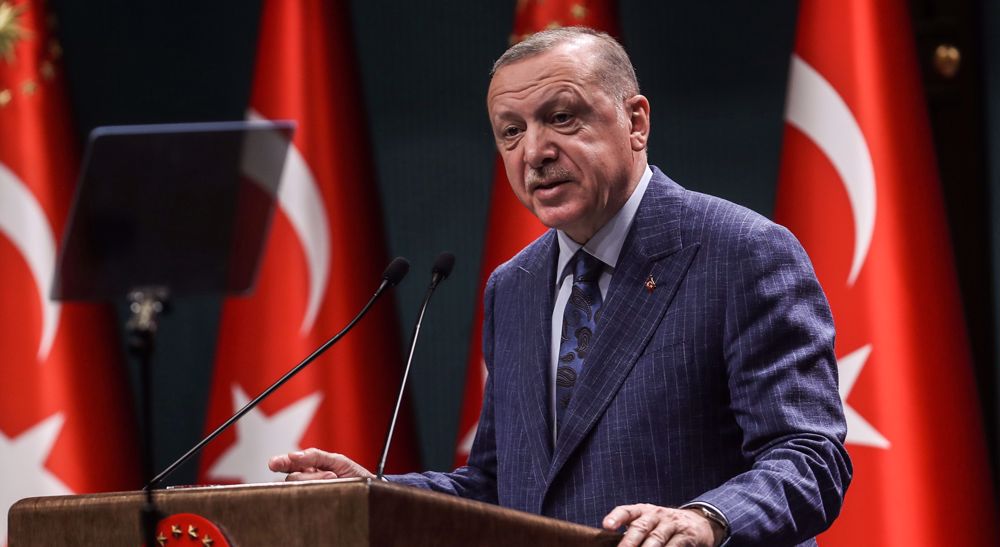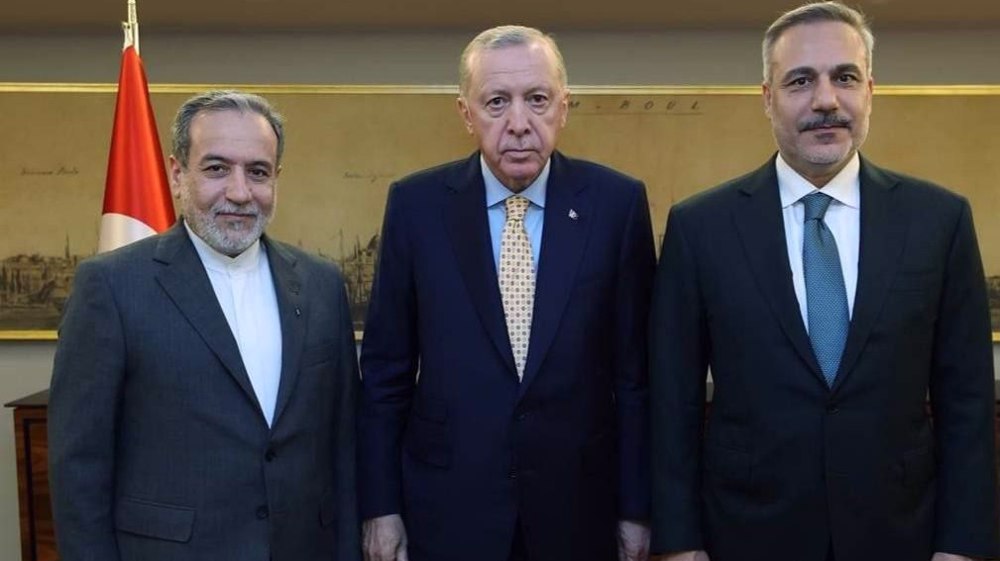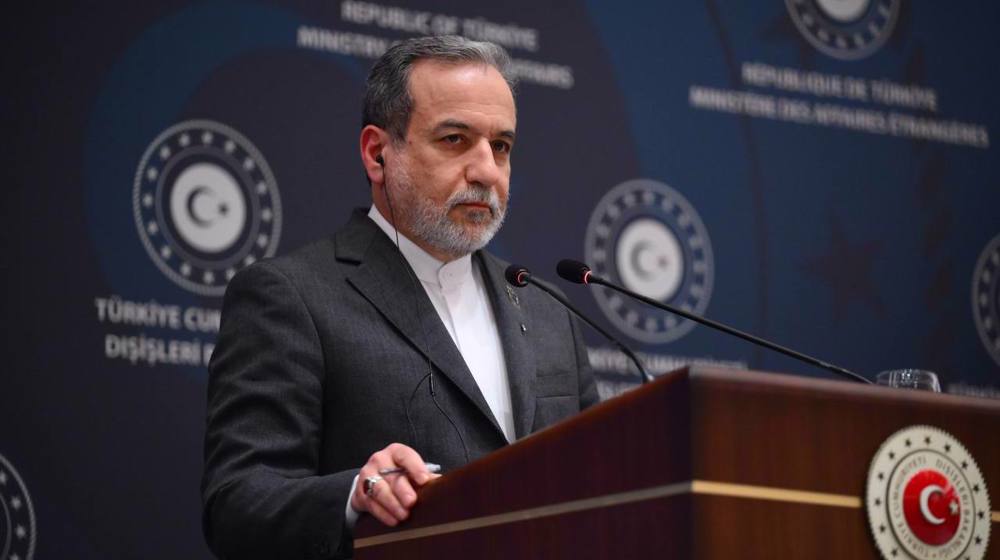Dialogue sole solution to dispute with Greece in eastern Mediterranean: Turkish president
President Recep Tayyip Erdogan says the only solution to Turkey's dispute with EU member Greece over Turkish oil and gas exploration in the eastern Mediterranean is through negotiation.
Erdogan said on Thursday that Ankara is not seeking any "adventures" in the region.
"The path to a solution in the eastern Mediterranean is via dialogue and negotiation," the Turkish president said. "If we act with common sense and reason, we can find a win-win solution that meets everyone's interests. We are not chasing any unnecessary adventures or seeking tensions."
Greece, he said, is demonstrating an "ill-disposed" approach, urging Athens to respect Turkey's rights.
Apparently meaning France, Erdogan said Greece is being pushed into taking "wrong steps" in the region by "a country that doesn't even have a coast in the eastern Mediterranean".
"Nobody should think too highly of themselves. Let me be very clear: Don't try to put on a show," the president said.
Tensions escalated in the eastern Mediterranean on Monday after Turkey launched naval exercises off two Greek islands and announced the resumption of its energy exploration research activity in the disputed area.
Turkey dispatched a research ship, accompanied by naval vessels, off the Greek island of Kastellorizo, where Turkey disputes Greek maritime rights. The Turkish vessels are being shadowed by Greek warships.
Turkey had suspended the research activities but resumed them on August 6 when Egypt and Greece signed an agreement laying out the maritime boundary between their exclusive economic zones. President Erdogan denounced that maritime deal as “worthless.”
Athens condemned the move as illegal and sought support from European Union allies.
France held training exercises with Greek forces off the island of Crete on Thursday.
French President Emmanuel Macron announced the plan in a phone conversation with Greek Prime Minister Kyriakos Mitsotakis on Wednesday, also voicing concern about the “unilateral” exploration by Turkey.
France will “temporarily reinforce” its military presence to “monitor the situation in the region and mark its determination to uphold international law,” Macron’s office said in a statement.
Last month, the French president called for EU sanctions against Ankara for what he described as “violations” of Greek and Cypriot sovereignty over their territorial waters.
Also in July, German Foreign Minister Heiko Maas said Turkey’s refusal to halt drilling activities in contested waters in the eastern Mediterranean Sea would affect relations between Ankara and the EU.
Ties between Turkey and Greece are in tumult over competing claims to natural gas reserves in the eastern Mediterranean. Cyprus and Turkey have argued for years regarding the ownership of fossil fuels in the eastern Mediterranean, where Ankara says Turkish Cypriots are entitled to a share of the resources.
Greek and Turkish officials signaled on Wednesday that they were willing to resolve the dispute over their overlapping maritime claims, but vowed to protect their interests and blamed the other side for the standoff.
Greece and Turkey almost went to war in 1974 over Cyprus, which has since been divided, with the northern third run by a Turkish Cypriot administration and the southern two thirds governed by the Greek Cypriot government.
VIDEO | Iran's game changing retaliation boxes- part 1
VIDEO | Iran's game changing retaliation boxes- Part 2
VIDEO | Palestinian widow raises three kids in Gaza as her husband killed by Israel
Palestinian teen killed as raids and settler violence intensify across West Bank
Iran’s layered arsenal primed to deter – and decimate – US warships in Persian Gulf
Iranian commander dismisses US military buildup in West Asia as ‘theatrical gesture’
Trump ‘curious’ why Iran hasn’t ‘capitulated’ despite massive US military buildup: Witkoff
Hawkish US senator pushes Trump to ignore aides, press ahead with war against Iran













 This makes it easy to access the Press TV website
This makes it easy to access the Press TV website